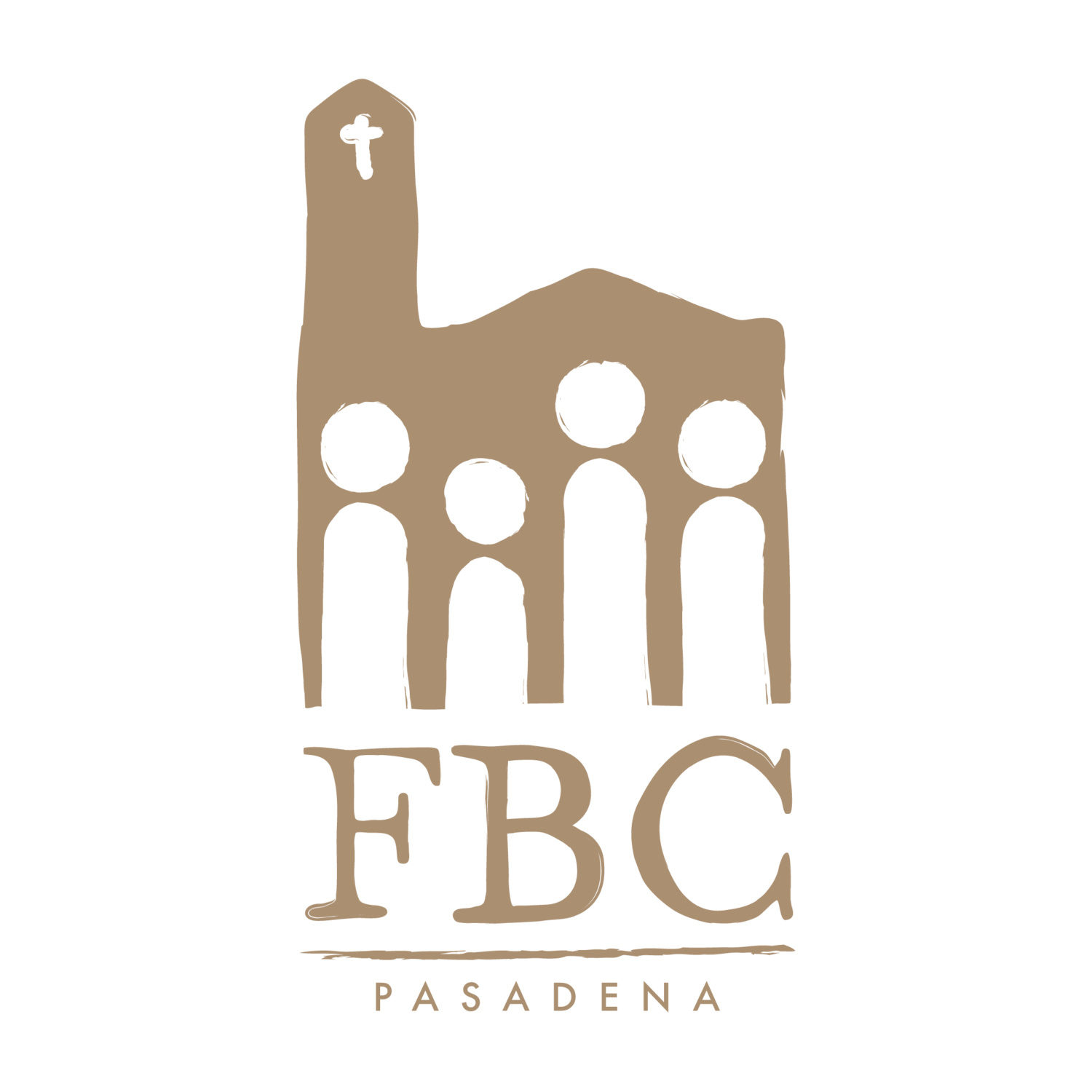A reflection from John Kelly as we commemorate Martin Luther King, Jr.
Today, we celebrate a man born in the era of the Great Depression—who became a leader of the Poor People’s Campaign. We remember a man whose childhood was backlit by the noisy chaos of World War II—who came to be America’s leading proponent of nonviolence. We honor a man born Black, amidst the rubble of the reconstructed South—whose life and ministry came to give the voiceless hope, and the hopeless a voice.
Today, much will be said, shared, and posted about the Rev. Dr. Martin Luther King, Jr: that he was peaceful; that he sought unity, not division; that he was a good, Christian leader. And none of this is false. Still, others will assure us that King wasn’t as radical, when compared to contemporary society. They’ll ignore his staunch positions on the immorality of poverty and nuclear warfare, and his criticisms of the US government for propagating both. They’ll characterize the Montgomery Bus Boycott and subsequent Civil Rights Movement romantically, as past lessons that America learned once and for all. Many will point to out-of-context quotes, seeking to prove that “King just wanted us all to get along.”
But such broad generalizations make light of King’s steely convictions, intellectual acuity, and God-fueled hope. Throughout his life, King faced all that the American experience offers—wars, economic crises, warped patriotism, and immoral politics. But despite the temptation to give into inertia and go with the flow of the status quo, King based his life on a different narrative. Though he faced defamation, dehumanization, and even death, King’s faith in the liberating, self-sacrificing God of Scripture gave him the courage to stand on the right side of history—with “the least of these,” to borrow a familiar phrase.
So today, we share a clip from the very end of the last speech King ever gave, just several hours before his death. Working in Memphis for more equitable wages and working conditions for sanitization workers, King remained hopeful that God remains faithful. King remained strong in his allegiance to Christ, not to some idea of power or the status-quo. Up to the hours before his death, King worked to build the Beloved Community.
Though much more could and will be said, today, and tomorrow, and the next day, may we all be practically shaped by King’s character and legacy. May it prompt us to speak truth to power, and to realize that if our spiritual convictions don’t shape our skin-bound society, we might be living by a different narrative than the one found throughout Scripture.
For Further Reading: "Letter from a Birmingham Jail [King, Jr.]"
